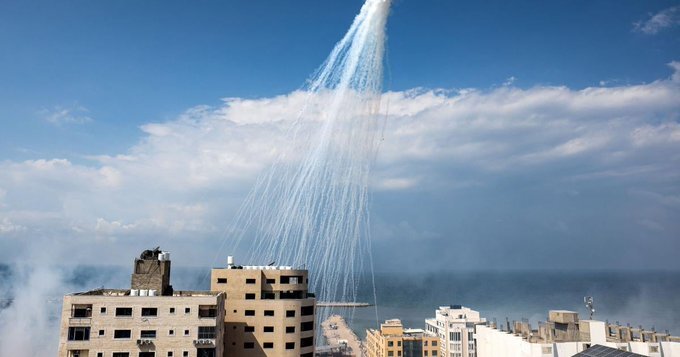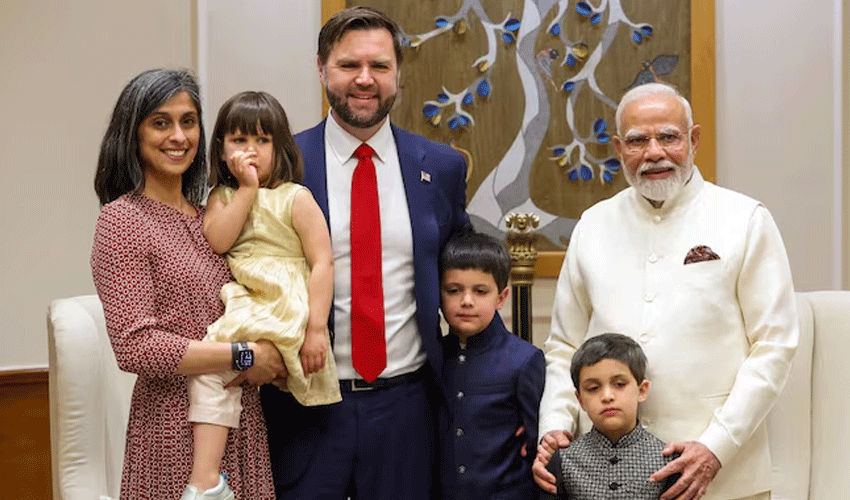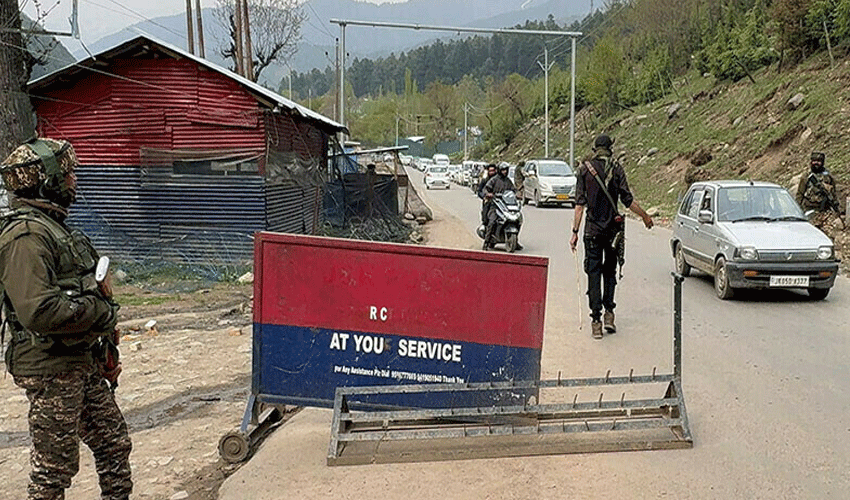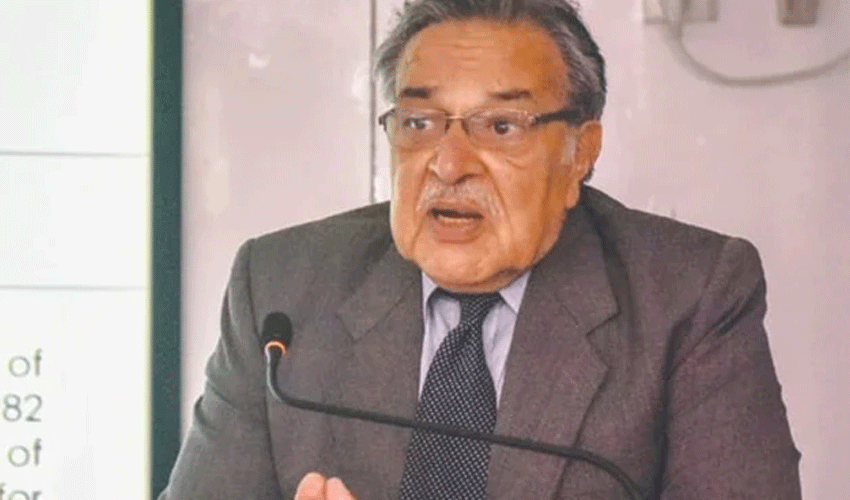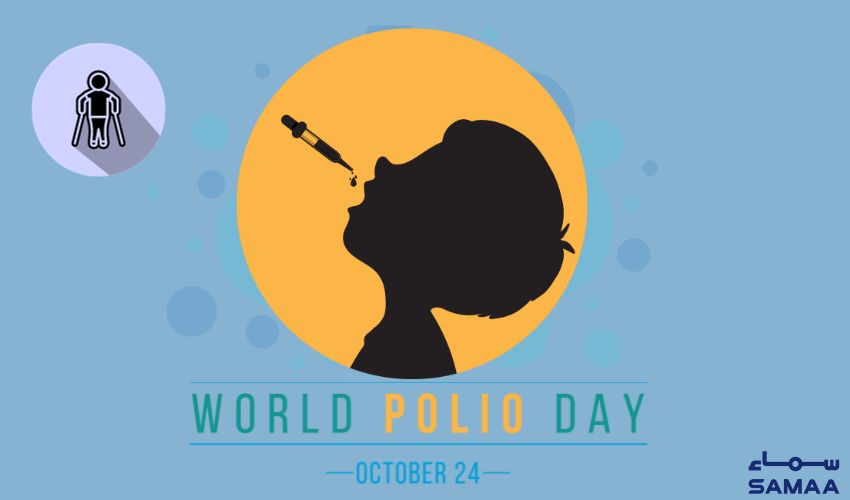The military has told the residents of Gaza City that they will only be able to return to their homes once another announcement permitting them to do so is made.
Residents of Gaza have also been told not to approach the area of the fence with Israel.
Hamas terms IDF warning via UN as 'fake propaganda'
Reuters reported that a Hamas official said that the UN statement warning that Israel has told people in northern Gaza to leave to the south of the enclave is “fake propaganda”, and has urged Palestinians in Gaza not to fall for it.
Israel and Palestine director at Human Rights Watch Omar Shakir has warned that Israel’s call for 1.1 million Palestinian to leave northern Gaza would constitute mass displacement not seen in decades.
“This would amount to displacing 1 million+ Palestinians – displacement on a scale we have not seen since the Nakba,” Shakir said in a post, “The international community must act to prevent a calamity. History will not be kind to those who remain silent.”
It is pertinent to note that there was forced displacement of Palestinians around the establishment of the state of Israel in 1948 during the Nakba (catastrophe).
Death toll update
Killed: 1,537
Wounded: 6,612
Occupied West Bank
Killed: 31
Wounded: 600
Israel
Killed: 1,300
Wounded: 3,200
The Palestinian Health Ministry in Gaza said that 1,537 people have been killed in the Gaza Strip since the beginning of the war. The Health Ministry in Ramallah said that 32 Palestinians have been killed in the West Bank since Saturday.
Israel’s military says 247 soldiers have been killed since the start of the war last weekend – an increase from 222 earlier in the day.
IDF Spokesperson operational update on war
EXCLUSIVE: Operational update by IDF Spokesperson @jconricus as the war against Hamas continues. https://t.co/MFAOiCSssH
— Israel Defense Forces (@IDF) October 13, 2023
Israel used white phosphorus in Gaza, Lebanon: HRW
Human Rights Watch (HRW) has accused Israel of employing white phosphorus in its military operations in Gaza and Lebanon, raising concerns about the safety of civilians and potential violations of international humanitarian law.
Human Rights Watch verified video footage taken in Lebanon and Gaza on October 10 and 11, 2023, showing multiple airbursts of artillery-fired white phosphorus over Gaza City and rural areas along the Israel-Lebanon border.
What is white phosphorus?
White phosphorus can be used for various purposes, including marking, signaling, and obscuring, but when used as a weapon, it can cause severe burns to people and ignite structures, fields, and other objects, posing a grave risk to civilian populations.
Lama Fakih, Middle East and North Africa director at Human Rights Watch expressed concern about the use of white phosphorus in densely populated areas, stating that it could result in excruciating burns and lifelong suffering. The use of white phosphorus in such areas violates international humanitarian law's requirement to avoid unnecessary risk to civilians.
The report also noted that white phosphorus ignites upon exposure to atmospheric oxygen and continues to burn until it is deprived of oxygen or exhausted, producing intense heat, light, and smoke.
End white phosphorus munitions
Human Rights Watch called for an end to the use of white phosphorus munitions in populated areas without exception and highlighted the availability of non-lethal alternatives to white phosphorus smoke shells. It also noted that some of these alternatives have been produced by Israeli companies and have been used by the Israeli army in the past, reducing harm to civilians.
The use of airbursting white phosphorus projectiles spreads burning fragments over a wider area, increasing the risk to civilians and civilian structures. Israeli authorities have not commented on whether they used white phosphorus during the recent conflict.
The allegations come amidst ongoing hostilities between Israel and Hamas, following deadly attacks by Hamas on October 7 and rocket attacks in response.
Attacks using incendiary weapons in civilian areas are prohibited under Protocol III of the Convention on Conventional Weapons (CCW).
Human Rights Watch called for addressing existing loopholes in Protocol III and urged countries to discuss the adequacy of the protocol in light of these recent events.
Palestine and Lebanon are signatories to Protocol III, Israel has not ratified it.
The next meeting of the CCW's States Parties, scheduled for November at the United Nations in Geneva, may provide an opportunity to address these concerns.
Human Rights Watch emphasized the importance of protecting civilians in conflict zones and called on all parties involved to spare them from further suffering.





